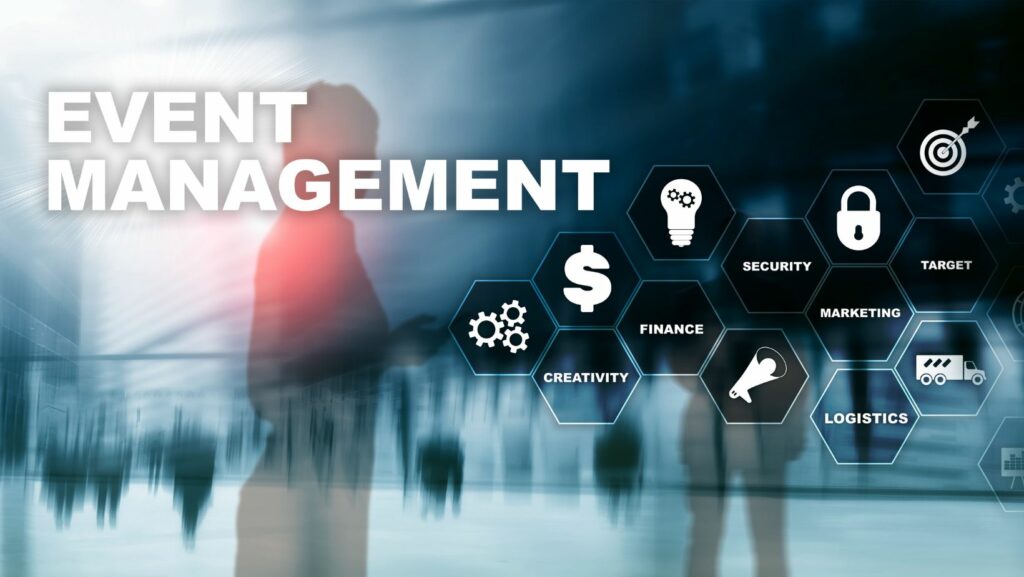Event planning can be a daunting task, whether it’s a corporate conference, a wedding, or a casual get-together. The key to a successful event lies in meticulous organization and attention to detail. This is where an event planning sheet becomes an indispensable tool. It streamlines the process, ensuring nothing is overlooked and everything runs smoothly.
Event Planning Sheet
An event planning sheet functions as a vital tool, centralizing important details and tasks essential for organizing successful events. This resource ensures efficiency and aids in the systematic management of events of all sizes and purposes.
Importance of Using an Event Plan
 Using an event planning sheet boosts efficiency by keeping all event-related information in one accessible location. It helps planners monitor progress and delegate tasks effectively among team members. By detailing every step, from initial concepts to post-event follow-up, these planning sheets ensure nothing is overlooked.
Using an event planning sheet boosts efficiency by keeping all event-related information in one accessible location. It helps planners monitor progress and delegate tasks effectively among team members. By detailing every step, from initial concepts to post-event follow-up, these planning sheets ensure nothing is overlooked.
-
Budget Management: An event planning sheet allows for a clear overview of the budget, tracking spending and highlighting areas where costs can be reduced. If planners maintain a tight budget control, they reduce the risk of overspending.
-
Time Efficiency: Reduces the time spent on administrative tasks by providing a structured approach. Planners utilize these sheets to streamline processes, ensuring deadlines are met and reducing last-minute rushes.
-
Team Coordination: Facilitates better communication and coordination among team members. Each member accesses the sheet to understand their responsibilities, deadlines, and how their work fits into the overall event plan.
-
Vendor Management: Helps track vendor responsibilities, payments, and performance. Planners find it easier to compare services, negotiate contracts, and ensure timely deliveries when they have all vendor details systematically arranged.
-
Continuous Improvement: Post-event analysis becomes more focused with structured data collected throughout the event process. Planners use these insights to refine strategies, enhancing future event planning and execution.
Key Components of an Effective Event Planning Sheet
An effective event planning sheet contains detailed components that ensure every aspect of an event is covered strategically. These components organize and clarify the planning process, allowing event planners to operate more efficiently.
Venue and Logistics Information
 Essential for any event, the venue and logistics information component manages critical details about the event location. It includes the address, capacity, parking details, security arrangements, and accessibility options, ensuring attendees’ smooth access and comfort. Planners also track logistics such as room layouts, A/V equipment availability, and decoration specifics, thereby streamlining setup and execution phases.
Essential for any event, the venue and logistics information component manages critical details about the event location. It includes the address, capacity, parking details, security arrangements, and accessibility options, ensuring attendees’ smooth access and comfort. Planners also track logistics such as room layouts, A/V equipment availability, and decoration specifics, thereby streamlining setup and execution phases.
Proper time management is pivotal for successful event execution. The timeline and schedule details specify key milestones from start to finish. They involve setting up deadlines for each task, scheduling vendor delivery times, and outlining the program for the event day, including session times and speaker allocations. With this detailed timeline, planners can ensure that the event adheres to the planned schedule and can make adjustments as necessary, avoiding last-minute scrambles.
Budget Breakdown
Controlling finances with a clear budget breakdown prevents overspending and ensures that every dollar spent is accounted for. This component details projected and actual costs for all expenses including venue rental, catering, entertainment, and logistics. Having a budget breakdown helps planners allocate resources effectively, compare bids from vendors, and track overall financial performance against the event’s financial goals, optimizing the allocation of funds for maximum impact.
Steps to Create Your Event Planning Sheet
Setting Clear Goals
 Identifying specific objectives is the primary step in creating an event planning sheet. Clear goals guide every subsequent decision, ensuring all aspects of the event align with the desired outcome. For instance, establishing whether the primary aim is networking, fundraising, or celebration influences venue selection, guest list, and promotional activities. These objectives not only direct the planning process but also help in measuring the event’s success through predefined criteria.
Identifying specific objectives is the primary step in creating an event planning sheet. Clear goals guide every subsequent decision, ensuring all aspects of the event align with the desired outcome. For instance, establishing whether the primary aim is networking, fundraising, or celebration influences venue selection, guest list, and promotional activities. These objectives not only direct the planning process but also help in measuring the event’s success through predefined criteria.
Detailing Every Segment of the Event
Comprehensive detailing of every event segment ensures nothing is overlooked. Elements such as the timeline, guest speakers, entertainment, catering, and technical requirements need explicit mention. For instance, the timeline should include not only the event’s start and end times but also detailed schedules for rehearsals, speaker slots, and breaks. Detailed checklists for each segment help in delegating tasks effectively among team members and ensure thorough preparation.

